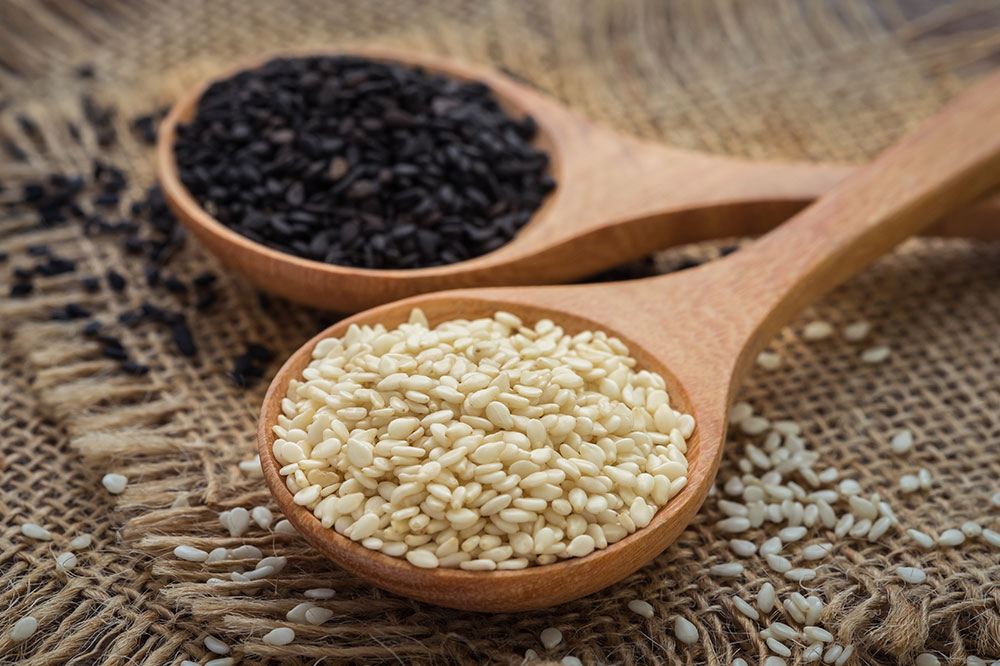
Ulcerative Colitis – Symptoms and Trigger Foods
Ulcerative colitis is a condition that causes inflammation or irritation in the lining of the large intestine. There is no cure for the disease, and those with this type of inflammatory bowel disease may experience symptoms throughout their life. That said, many patients can experience partial remission that can last for months and years. Understanding the symptoms and trigger foods for ulcerative colitis can make it easier to live with the disease.
Trigger foods
1. Nuts and seeds
High fat or high-fiber foods like nuts and seeds can be a trigger for some people. They are more difficult to digest during a flare-up. Hazelnuts, walnuts, peanuts, cashews, sesame seeds, sunflower seeds should be avoided.
2. Foods containing sulfates
Foods containing sulfates such as red meat, beer and wine, apple, and grape juice can cause bloating, abdominal pain, and irritation and should be avoided.
3. Dairy products
If one is lactose intolerant, having dairy products can cause symptoms such as abdominal pain and diarrhea. The condition can exacerbate if one has dairy products during a flare up.
4. Unhealthy fats
Eat healthy fats and ditch unhealthy fats, such as peanut oil, canola oil, and sunflower oil that are more likely to trigger inflammation.
5. Gluten
Gluten is found in foods like bread, pasta, and products like sauces and soups. Gluten is quite hard for the body to digest and can worsen ulcerative colitis symptoms.
6. Whole grains
Foods such as dried beans and legumes are high in fiber and can cause abdominal cramping, gas, and an increase in bowel movements.
7. Vegetables
Raw vegetables are high in fiber and also difficult to digest, which can cause bloating and gas. Broccoli, celery, cabbage, and Brussel sprouts should be avoided during a flare up. They can be eaten when one is in remission.
Symptoms
The symptoms of ulcerative colitis can vary depending on the severity of the inflammation. Some common symptoms are mentioned below:
1. Diarrhea
Urgent bowel movements or diarrhea is a sign of ulcerative colitis. The ability to hold stool is greatly reduced in such a condition and can also awaken the patient from sleep.
2. Abdominal pain and cramping
Along with persistent diarrhea, abdominal pain or cramping is experienced by those with ulcerative colitis.
3. Passing blood with stool
Ulcerative colitis can cause rectal bleeding, which means passing small amounts of blood with stool.
4. Weight loss
Digestive problems can be an issue with long-term inflammation and can lead to weight loss.
5. Reduced appetite
Not feeling hungry or reduced appetite is another sign to watch out for.
6. Other warning signs
Some people may experience other signs. These include swollen and painful joints, fatigue, skin sores, anemia, and unexplained fever.
Although ulcerative colitis is not curable, certain dietary changes can help prevent symptoms from getting worse. Also, there are treatments available for relieving symptoms during a flare-up and for preventing symptoms from returning.


